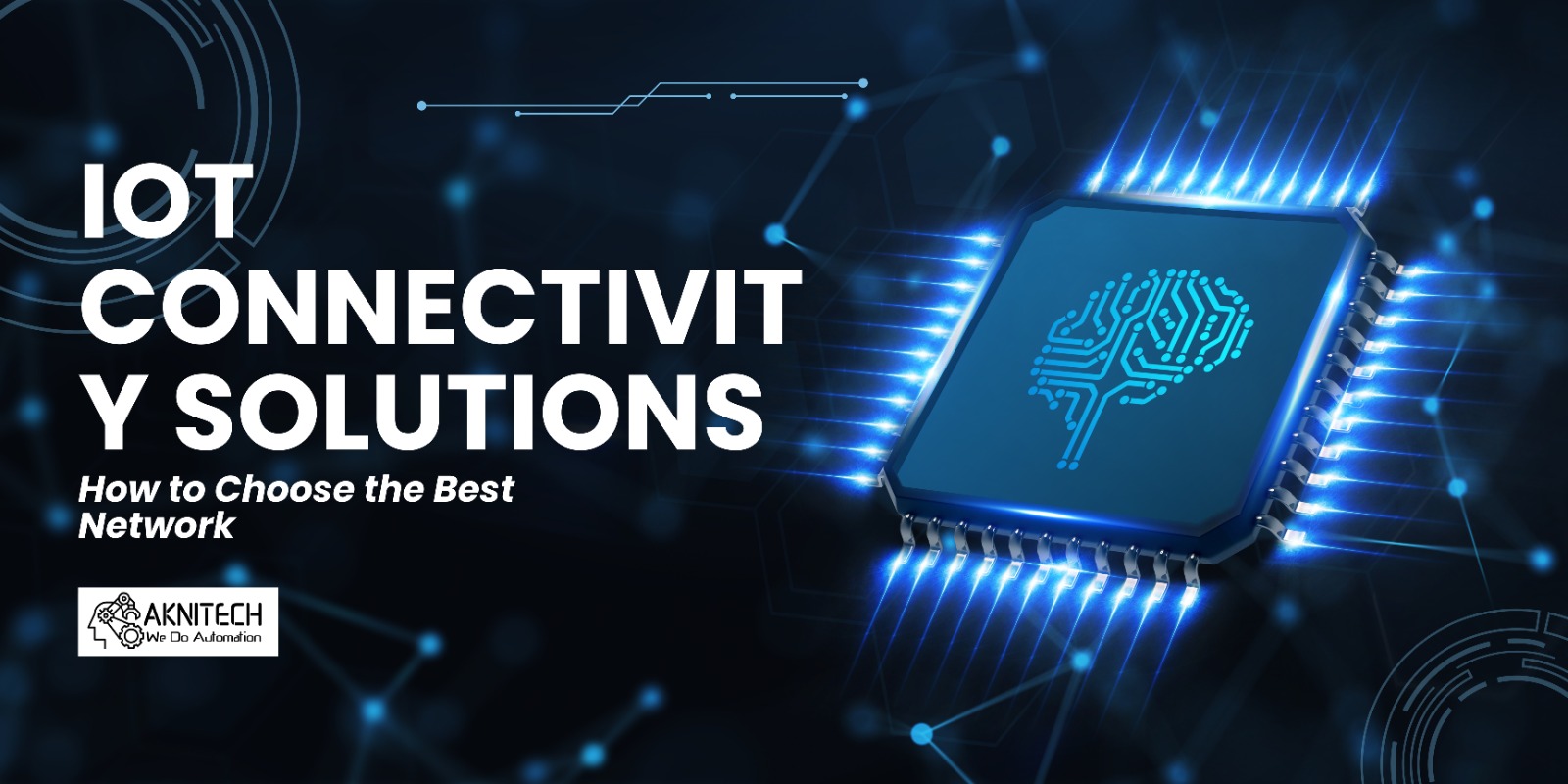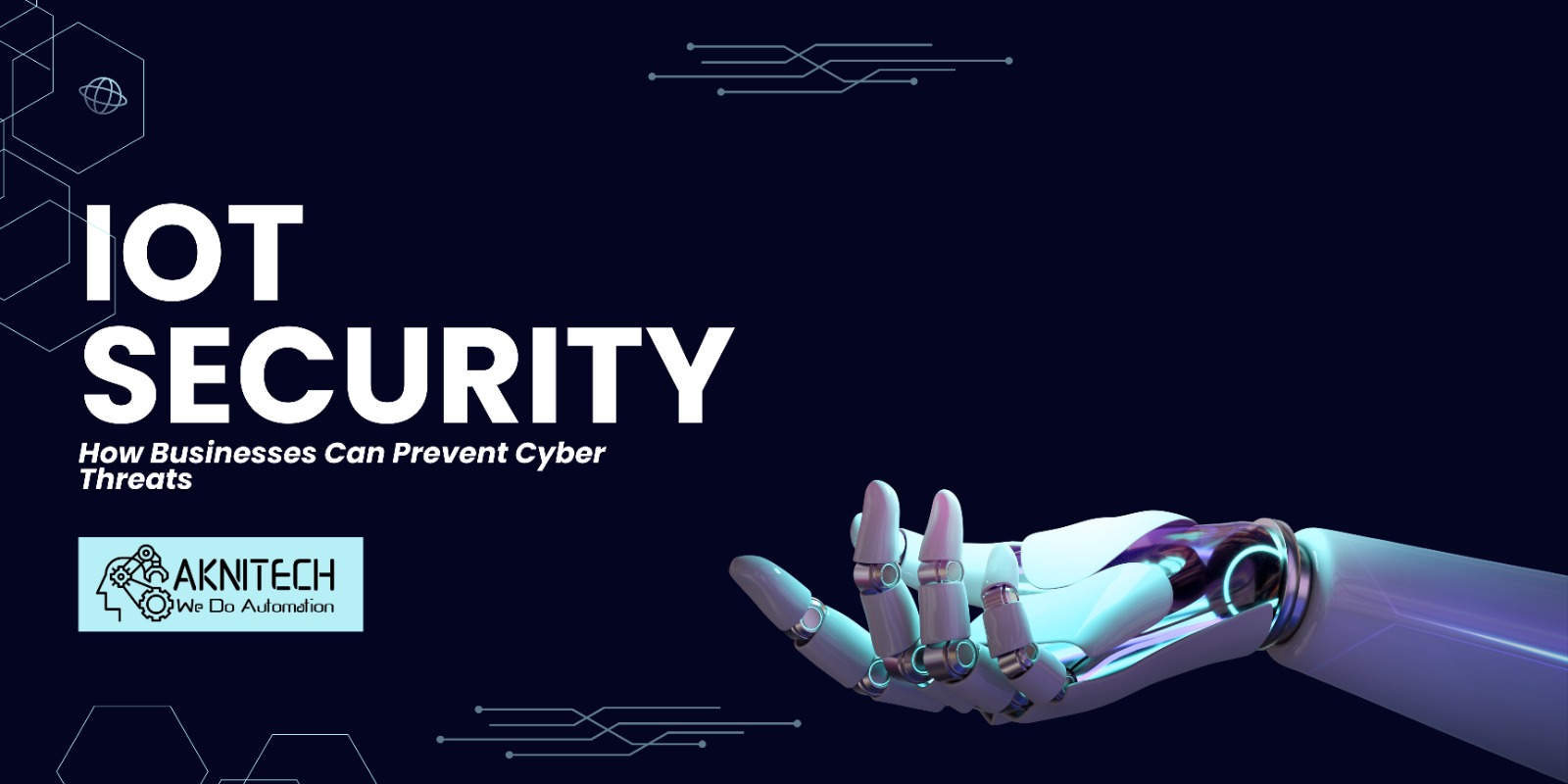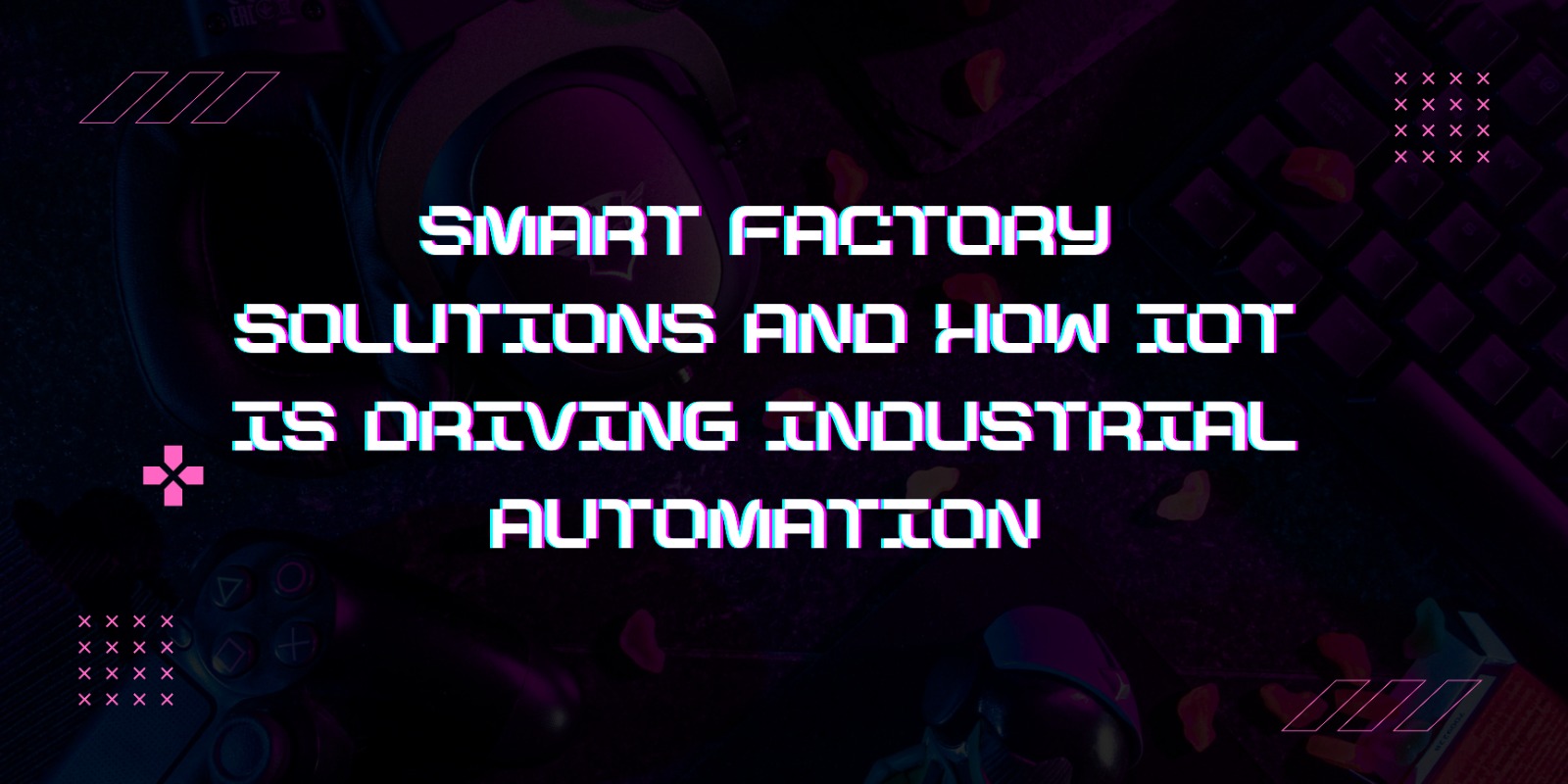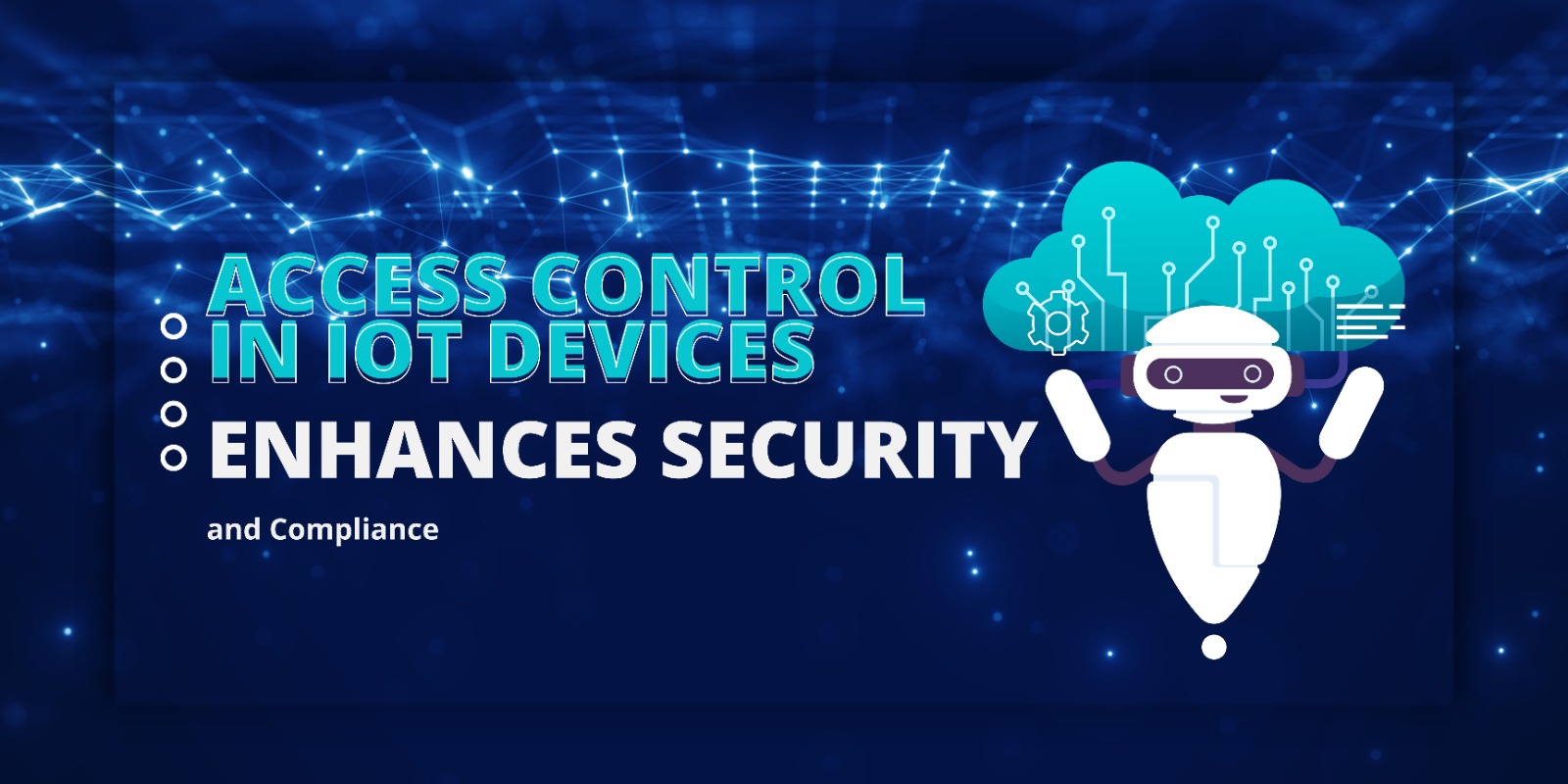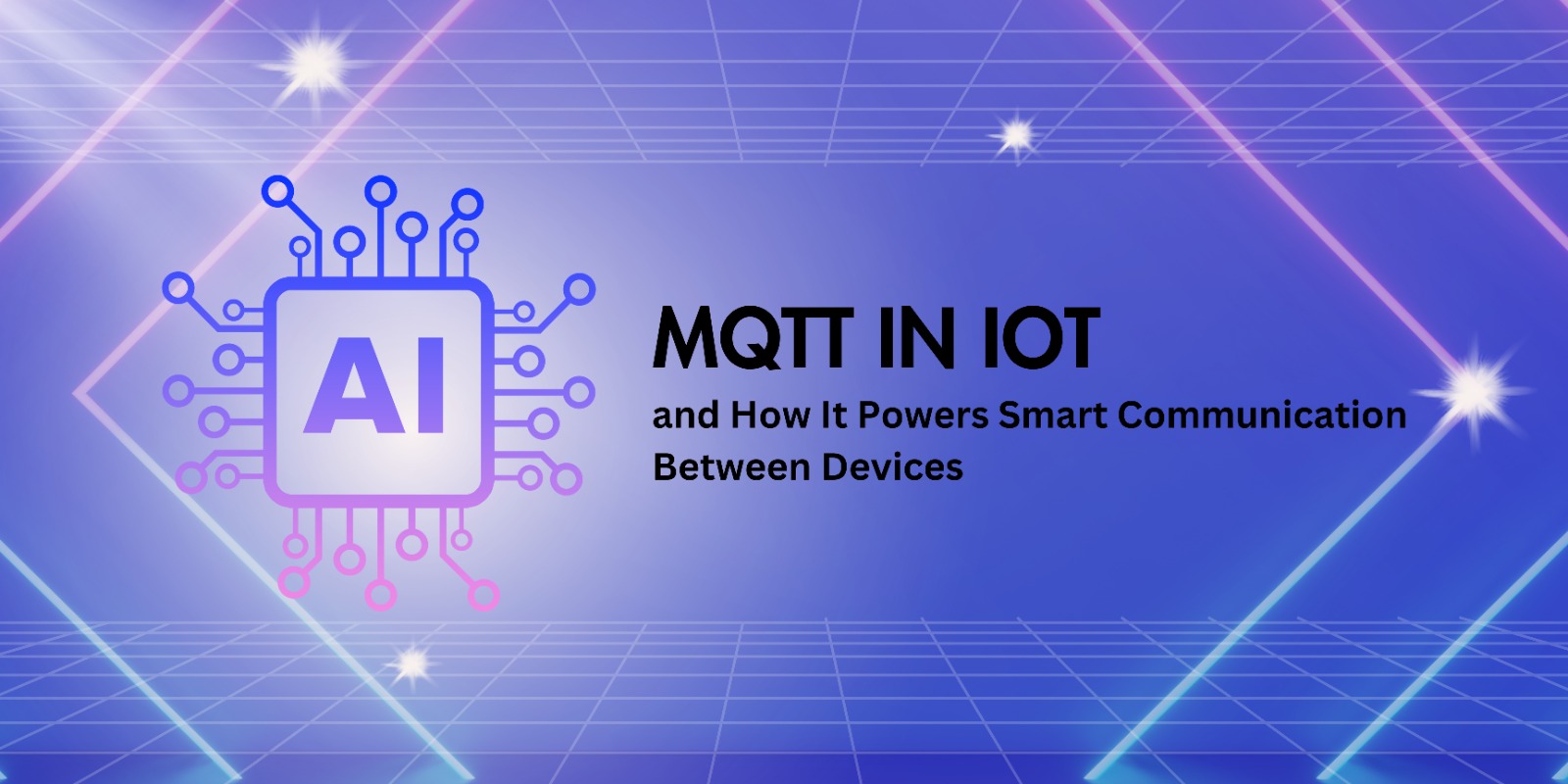Raspberry Pi has transformed the landscape of computing and IoT by providing an affordable and versatile platform for endless applications. While originally designed as an educational tool, Raspberry Pi has become a preferred choice for developers, hobbyists, and companies like Aknitech Automation that specialize in industrial and IoT solutions. But is Raspberry Pi truly an IoT device? Let’s explore its features, applications, and role in the IoT ecosystem.
Understanding IoT Devices
IoT devices are physical objects equipped with sensors, software, and network connectivity to collect, exchange, and act upon data. These devices span a range of applications, including smart homes, industrial automation, and connected vehicles.
Key characteristics of IoT devices:
- Connectivity: Capability to connect to the internet or other networks.
- Data Collection: Embedded sensors gather real-time data.
- Automation: Devices respond to data by triggering predefined actions.
Is Raspberry Pi an IoT Device?
Raspberry Pi itself is not inherently an IoT device but serves as a platform to create IoT devices. It offers hardware and software capabilities that allow developers to connect sensors, actuators, and networking components, making it a valuable tool for IoT development.

Key Features of Raspberry Pi for IoT
- Compact Design: Small enough to fit into various IoT applications.
- GPIO Pins: Facilitates connections to sensors and external devices.
- Networking: Built-in Wi-Fi and Ethernet ensure seamless connectivity.
- Flexibility: Compatible with numerous programming languages and operating systems.
- Affordability: A cost-effective option for prototyping and scaling IoT projects.
At Aknitech Automation, Raspberry Pi plays a key role in delivering innovative IoT and industrial automation solutions, allowing businesses to optimize processes and enhance productivity.
How Raspberry Pi Functions in IoT Applications
- Data Collection: Raspberry Pi connects to sensors to gather real-time data.
- Data Processing: With its computational capabilities, it processes data locally, minimizing reliance on cloud systems.
- Cloud Integration: Supports cloud platforms like AWS IoT, Microsoft Azure IoT, and Google Cloud IoT for advanced analytics.
- Automation: By connecting to actuators, it can control devices like motors, lights, or appliances based on data.
- Edge Computing: Processes data at the source, reducing latency and bandwidth usage.
Applications of Raspberry Pi in IoT

- Smart Homes:
- Automates lighting, security, and appliances.
- Integrates with voice assistants like Alexa and Google Assistant.
- Industrial Automation:
- Monitors and controls industrial equipment.
- Implements predictive maintenance systems for machinery.
- At Aknitech Automation, Raspberry Pi enhances efficiency in industrial IoT projects.
- Environmental Monitoring:
- Tracks temperature, humidity, and air quality.
- Ideal for smart agriculture and urban planning.
- Healthcare:
- Enables remote patient monitoring and wearable devices.
- Collects real-time health data for analysis.
- Energy Management:
- Monitors power usage and identifies high-consumption devices.
- Develops renewable energy management systems.
Benefits of Using Raspberry Pi for IoT
- Cost-Effective Prototyping: Raspberry Pi is a popular choice for affordable IoT innovation.
- Community Support: A global community offers extensive resources and troubleshooting assistance.
- Scalability: Successful prototypes can be scaled to larger systems using additional Pis or custom hardware.
- Flexibility: Ideal for diverse use cases, from home automation to industrial IoT.
Challenges of Using Raspberry Pi in IoT
- Power Dependency: Requires a stable power supply, which may limit certain applications.
- Durability: Needs additional enclosures for use in harsh environments.
- Processing Limitations: May not handle highly complex IoT applications.
IoT Projects Powered by Raspberry Pi
- IoT Weather Station: Collects environmental data like temperature, humidity, and air quality.
- Smart Irrigation System: Monitors soil moisture and automates watering.
- IoT Security System: Incorporates motion sensors, cameras, and real-time alerts.
- Energy Management: Tracks and optimizes energy consumption.
- Factory Automation: Enhances industrial processes through real-time monitoring and control, a key focus for Aknitech Automation.
Conclusion
While the Raspberry Pi itself is not a standalone IoT device, its potential as a development platform makes it indispensable in the IoT ecosystem. With its affordability, flexibility, and rich feature set, Raspberry Pi empowers developers to build innovative IoT solutions across industries.
Aknitech Automation leverages the capabilities of Raspberry Pi to deliver customized IoT and industrial automation solutions. Whether it’s improving efficiency, monitoring systems, or automating processes, Raspberry Pi provides a scalable and versatile platform to meet the demands of the ever-evolving IoT landscape.


